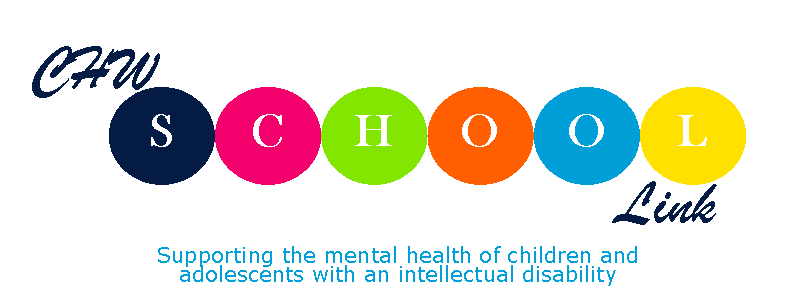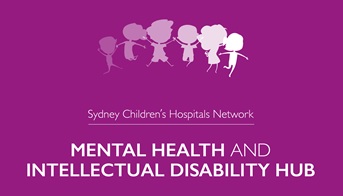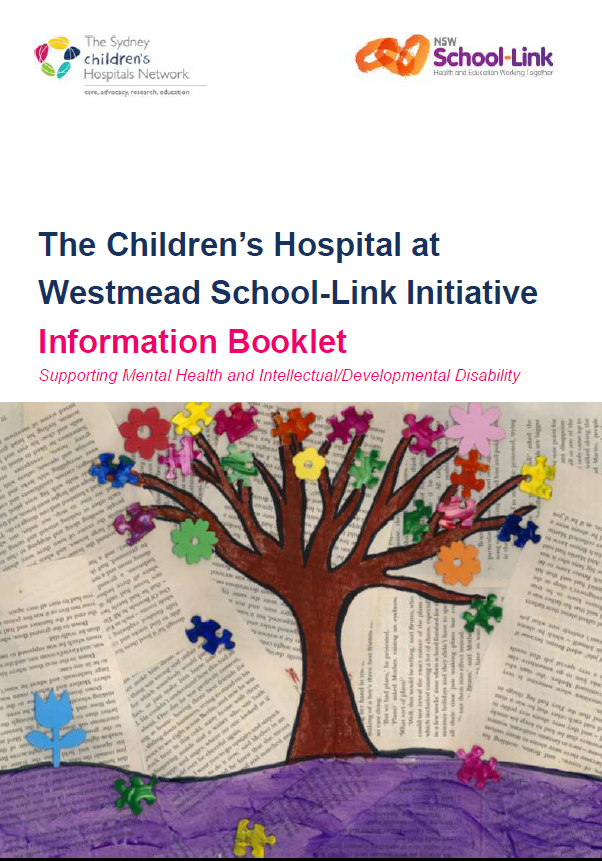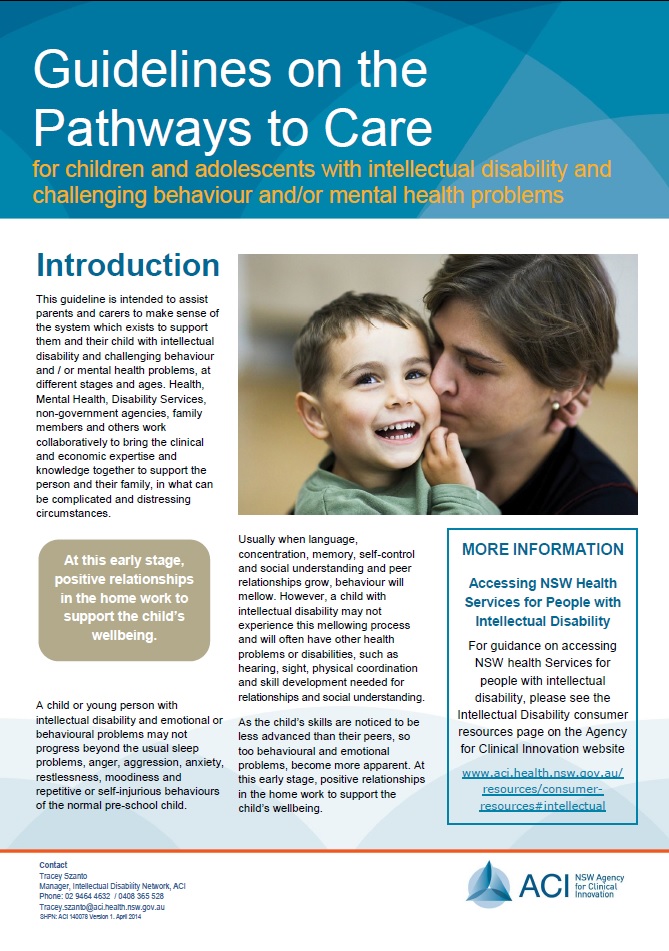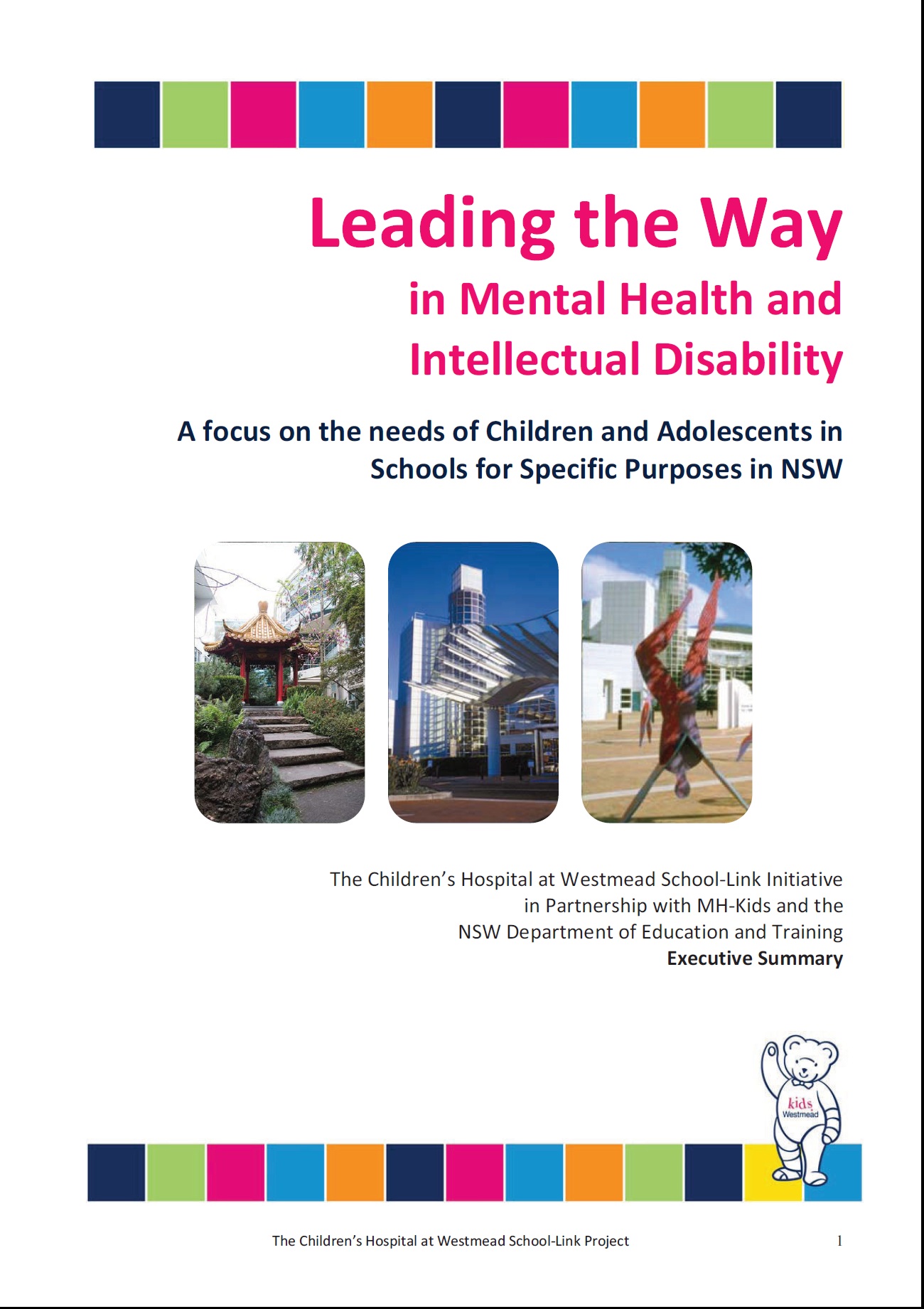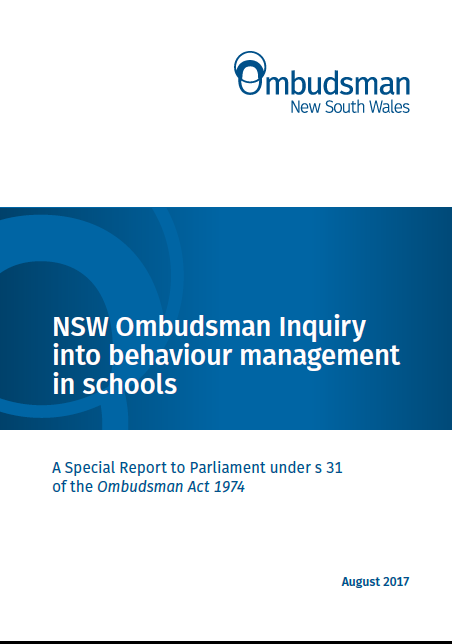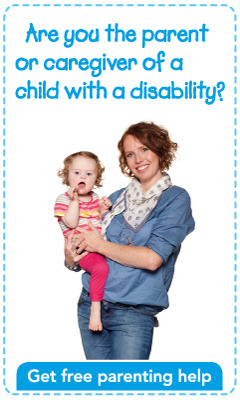Challenge Change Create: Action on Intellectual Disability Conference Sydney 14-15 September 2016
 Thursday, July 28, 2016 at 10:40AM
Thursday, July 28, 2016 at 10:40AM  Challenge Change Create brings together people with intellectual disability, senior NSW and Commonwealth government staff, politicians, innovators, community organisations, family members, thought leaders, advocates and researchers, to work on creating positive change. Hosted by the NSW Council for Intellectual Disability (CID).
Challenge Change Create brings together people with intellectual disability, senior NSW and Commonwealth government staff, politicians, innovators, community organisations, family members, thought leaders, advocates and researchers, to work on creating positive change. Hosted by the NSW Council for Intellectual Disability (CID).
Get involved, find out more about planning, policy developments and all the latest news on the NDIS.
The conference will discuss the big burning issues:
• Meeting complex needs in a changing service system - An expert hypothetical panel will work through how NDIS transition and ADHC closure will work for two individuals.
• Minimising contact with the criminal justice system - Another hypothetical panel on how to minimise offending and go after the right support from the NDIS and mainstream services
• The latest on health - Professor Julian Trollor on his latest research and resources; and how we can make Primary Health Networks work for people with intellectual disability.
• Decision making - Professor Chris Bigby on how to make supported decision making happen.
• Information, Linkages and Capacity Building in the NDIS - The latest information on what it will mean in practice from Stephanie Gunn NDIA General Manager
• NDIS transition and ADHC transfer of services to NGOs.
Running over two days, this event brings together a wide range of people
who are interested in improving the lives of people with intellectual disability.
CID welcomes all people to attend this event.
Discounted rates are available for people with intellectual disability and family members.
For more details see the conference website, download the booking form or contact NSW CID.
E: event@nswcid.org.au
P: 1800 424 065
http://www.nswcid.org.au/
 Jodie Caruana | Comments Off |
Jodie Caruana | Comments Off | 